Artificial Intelligence (AI) is transforming the healthcare industry, offering innovative solutions for diagnostics, patient care, drug discovery, and administrative tasks. In 2024, the integration of AI tools into healthcare systems has revolutionised how hospitals, clinics, and research facilities operate, leading to better patient outcomes, improved operational efficiency, and accelerated research breakthroughs. This guide explores the various AI tools available in healthcare, their benefits, and how to choose the right ones for your organisation.
AI in Healthcare: An Overview
AI tools in healthcare utilise machine learning algorithms, natural language processing, and predictive analytics to automate tasks, analyse complex medical data, and provide insights that improve decision-making. These tools range from clinical applications, such as diagnostic AI, to administrative tools that streamline hospital workflows. Key areas where AI is making a significant impact in healthcare include:
- AI-Driven Diagnostics: AI tools assist in diagnosing diseases by analysing medical images, lab results, and patient data with higher accuracy and speed.
- Personalised Medicine: AI analyses genetic information and patient data to tailor treatments based on individual characteristics.
- Predictive Analytics: AI helps in predicting disease outbreaks, patient outcomes, and treatment success rates, improving the overall management of healthcare systems.
- Drug Discovery: AI accelerates the drug development process by analysing vast datasets to identify potential drug candidates and predict their efficacy.
- Administrative Efficiency: AI-powered tools automate routine administrative tasks, such as patient scheduling and billing, reducing workload and increasing productivity.
Key Considerations When Choosing AI Tools in Healthcare
- Compliance with Healthcare Regulations
AI tools in healthcare must comply with strict regulatory standards, such as GDPR in the UK and HIPAA in the US, to ensure patient data privacy and security. Platforms like IBM Watson Health offer healthcare-specific AI solutions that are compliant with industry regulations, making them a safe choice for medical institutions. - Accuracy and Reliability
The accuracy of AI tools in healthcare is critical, especially in diagnostic applications where errors can have severe consequences. Tools like PathAI and Zebra Medical Vision are renowned for their precision in medical image analysis, helping doctors make accurate diagnoses quickly. - Integration with Electronic Health Records (EHR)
Seamless integration with existing EHR systems is essential for AI tools to be effective in healthcare environments. Google Health and Microsoft Cloud for Healthcare provide AI-driven solutions that easily integrate with EHR systems, enhancing workflows without disrupting day-to-day operations. - Data Security and Privacy
Given the sensitive nature of medical data, AI tools must have robust security features. Tools like DeepMind Health are designed with advanced encryption and data protection protocols to ensure that patient information remains confidential and secure. - Ease of Use and Automation
Many healthcare professionals are not data scientists, so AI tools must be easy to use. Solutions like Olive AI and Babylon Health focus on user-friendly interfaces and automated processes that streamline tasks without requiring deep technical expertise. - Cost-Effectiveness
With limited budgets, healthcare providers need to choose AI tools that deliver a strong return on investment. Tools like Cortexica provide scalable solutions that are affordable for both small clinics and large hospitals. - Customisation and Flexibility
Healthcare organisations have unique needs depending on their size and specialisation. Customisable AI tools like H2O.ai allow hospitals to tailor predictive models and algorithms to suit specific medical conditions and treatments.
Top AI Tools in Healthcare for 2024
- IBM Watson Health
IBM Watson Health leverages AI to analyse medical data and provide insights that support clinical decision-making. Its AI tools are widely used in oncology, genomics, and patient care management. - Google Health
Google Health provides AI-powered solutions for healthcare data analysis, diagnostics, and patient management. Its ability to integrate with EHR systems makes it a valuable tool for hospitals looking to streamline operations and improve patient outcomes. - Microsoft Cloud for Healthcare
Microsoft Cloud for Healthcare offers a suite of AI tools designed to enhance patient care and operational efficiency. Its AI-driven insights help healthcare providers predict patient needs and improve care delivery. - Zebra Medical Vision
Zebra Medical Vision is a leading AI tool for medical imaging, offering highly accurate diagnostic support for radiologists. It uses AI to detect abnormalities in imaging studies, such as X-rays, CT scans, and MRIs. - Olive AI
Olive AI is an AI-powered platform that automates routine administrative tasks in hospitals, such as patient registration, billing, and scheduling. Its goal is to reduce operational costs while improving workflow efficiency. - Babylon Health
Babylon Health uses AI to provide virtual healthcare services, offering diagnostic support and telemedicine consultations. It helps reduce the burden on healthcare systems by allowing patients to access care remotely. - PathAI
PathAI focuses on AI-driven pathology, offering tools that assist in diagnosing diseases by analysing pathology images. It is widely used in cancer diagnosis and research. - DeepMind Health
DeepMind Health is an AI platform that focuses on medical research and improving patient outcomes through AI-driven insights. Its collaboration with the NHS in the UK has led to significant advancements in early diagnosis and treatment planning.
Benefits of AI Tools in Healthcare
- Improved Patient Outcomes: AI tools help in early diagnosis and personalised treatment plans, leading to better patient outcomes.
- Operational Efficiency: Automating administrative and clinical workflows reduces the burden on healthcare staff, allowing them to focus more on patient care.
- Cost Savings: AI can streamline operations, reduce errors, and lower costs associated with manual data processing.
- Enhanced Diagnostics: AI tools improve diagnostic accuracy, particularly in medical imaging and pathology, reducing the chances of misdiagnosis.
- Data-Driven Decisions: AI-powered predictive analytics help healthcare providers make informed decisions about patient care, resource allocation, and treatment plans.
AI tools are driving a new era in healthcare, offering powerful solutions that improve patient care, streamline operations, and enhance research capabilities. Whether you’re a hospital, clinic, or research institution looking to explore the potential of AI, book a consultation with us to learn how we can help you implement the right tools for your organisation.
The healthcare industry is undergoing a significant digital transformation, and there’s never been a better time to join the AI revolution. If you’re interested in working with AI technologies that are shaping the future of healthcare, apply to join our team and become part of the next generation of healthcare innovation.
Learn More about Top AI Tools and Platforms for Businesses.

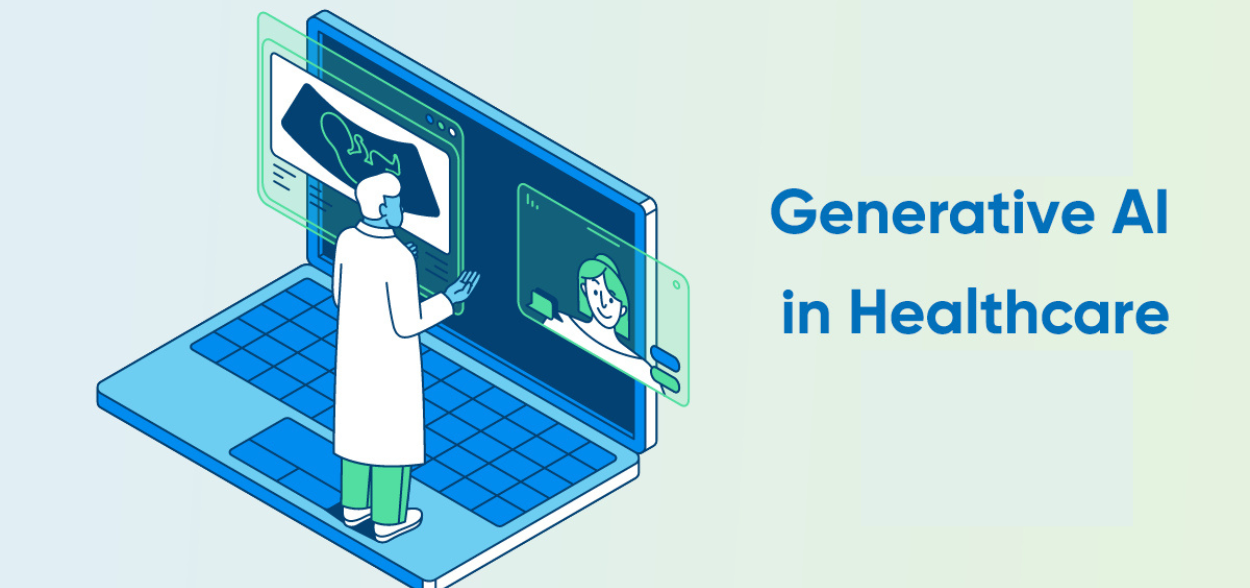
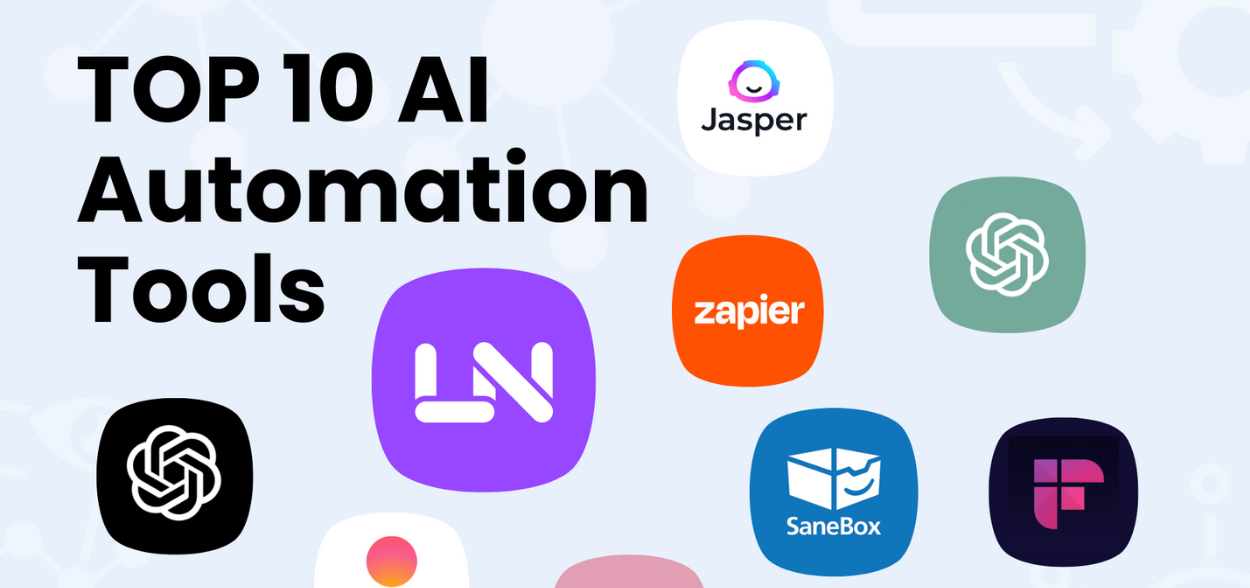


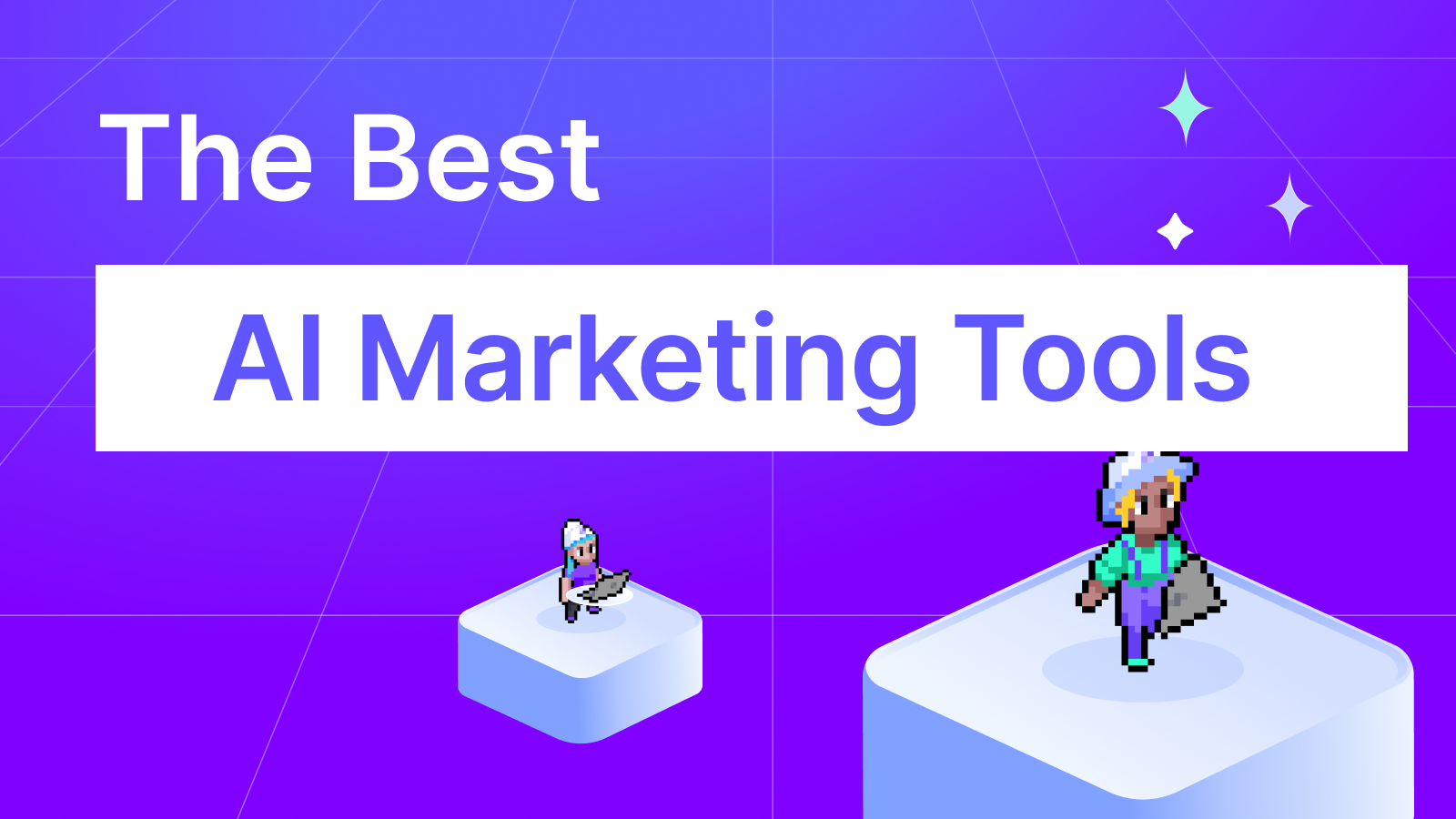
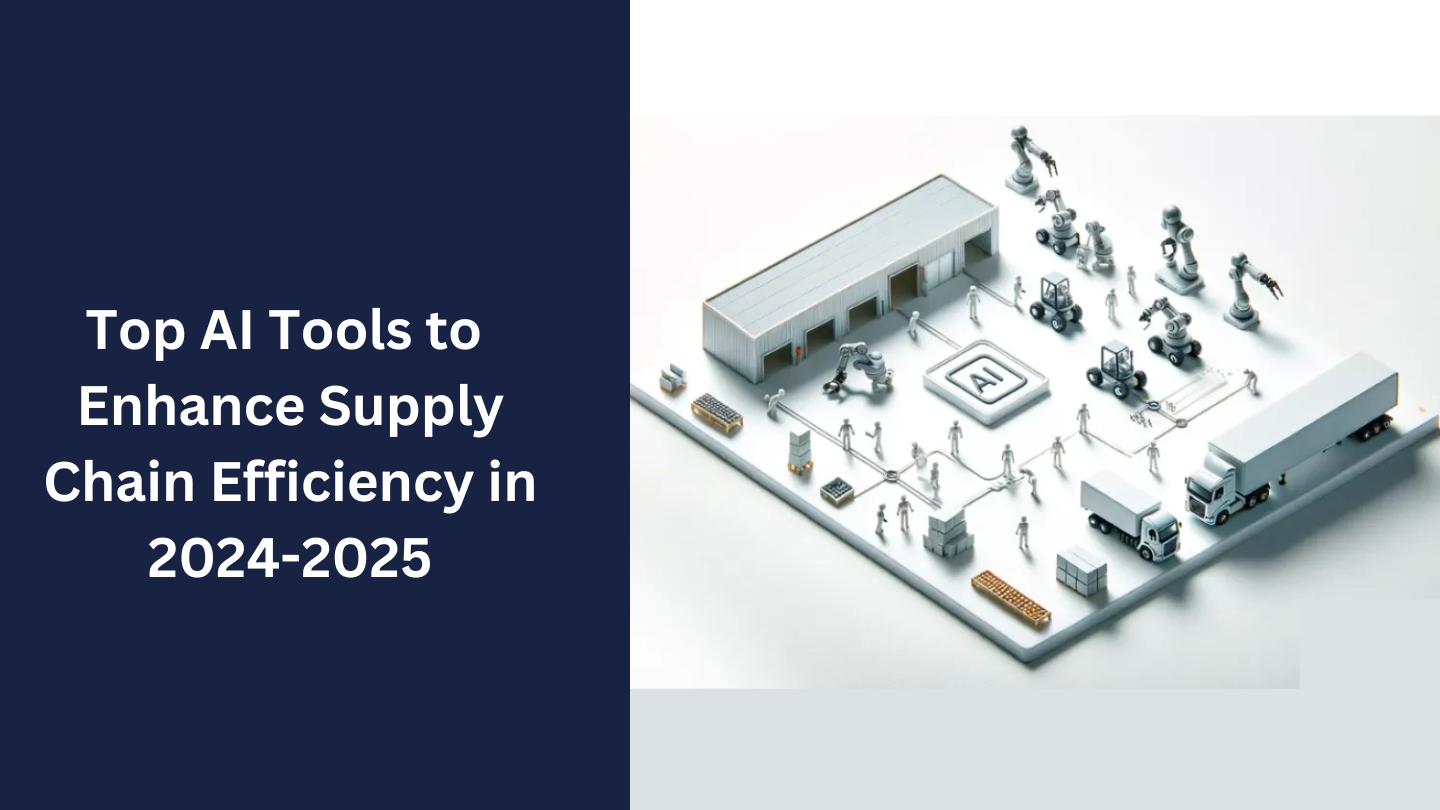
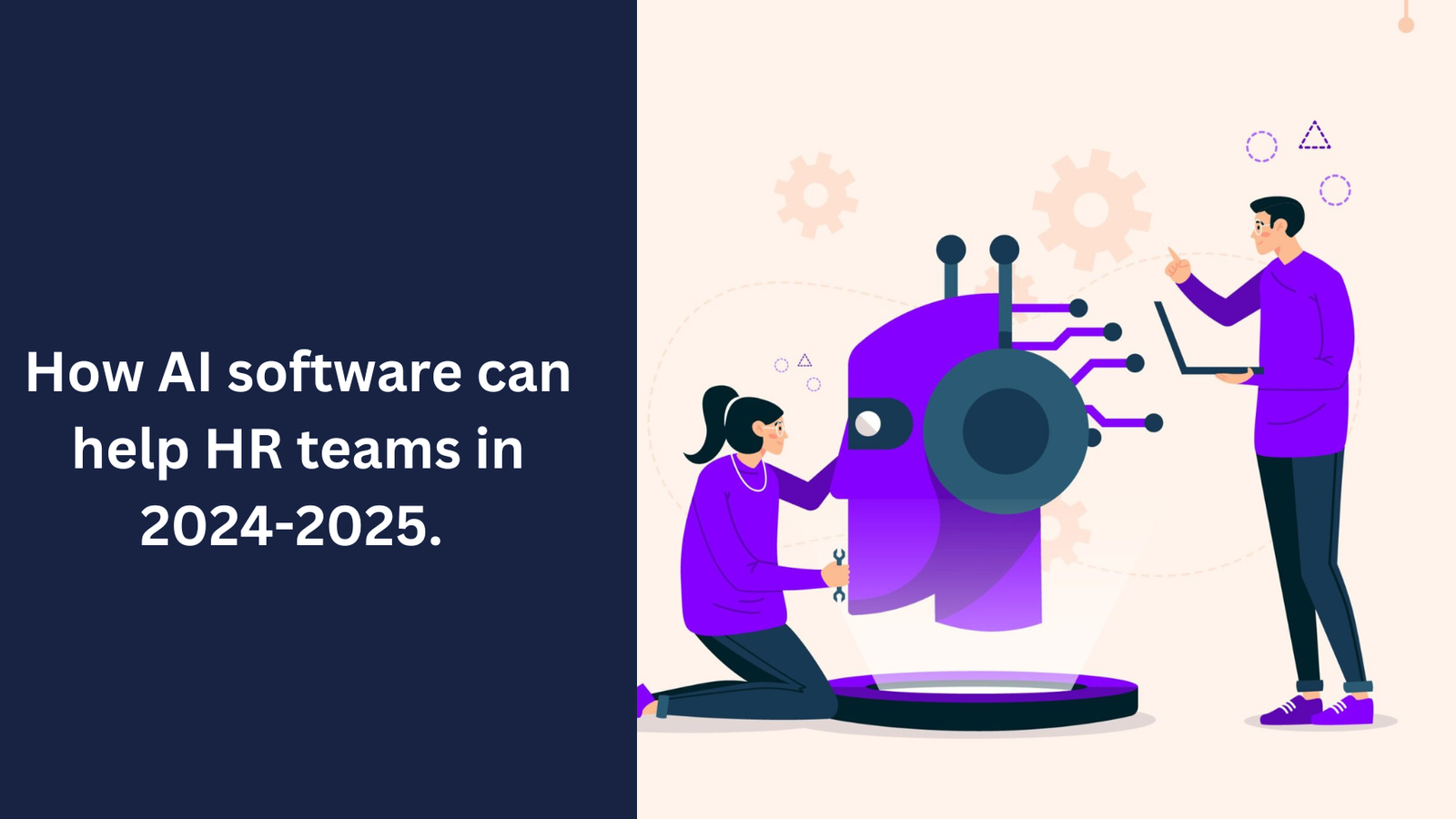


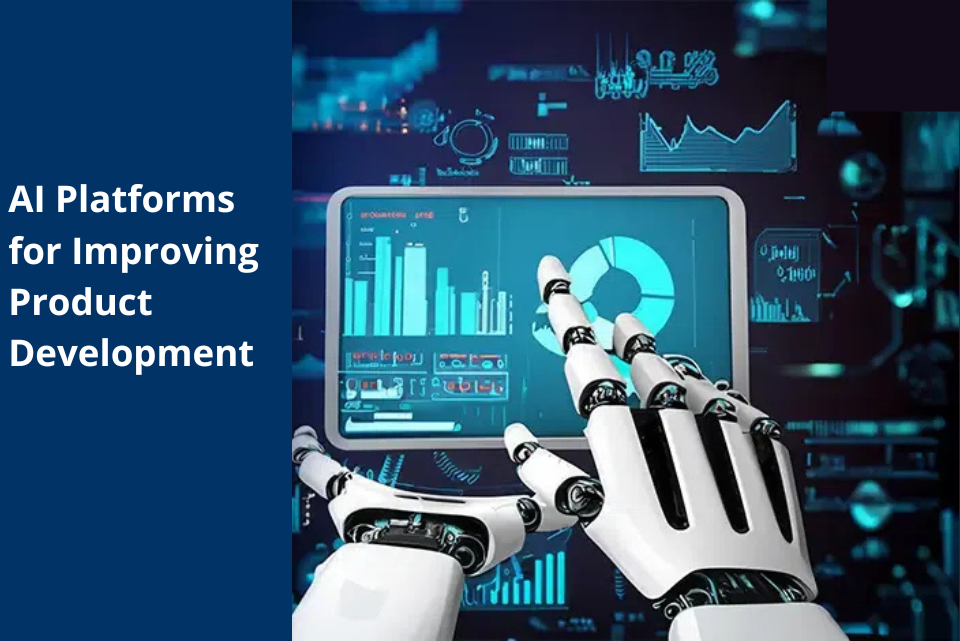



Pingback: Top AI Tools and Platforms for Businesses in 2024-2025
Pingback: Leveraging AI Tools for Digital Transformation in 2024-2025